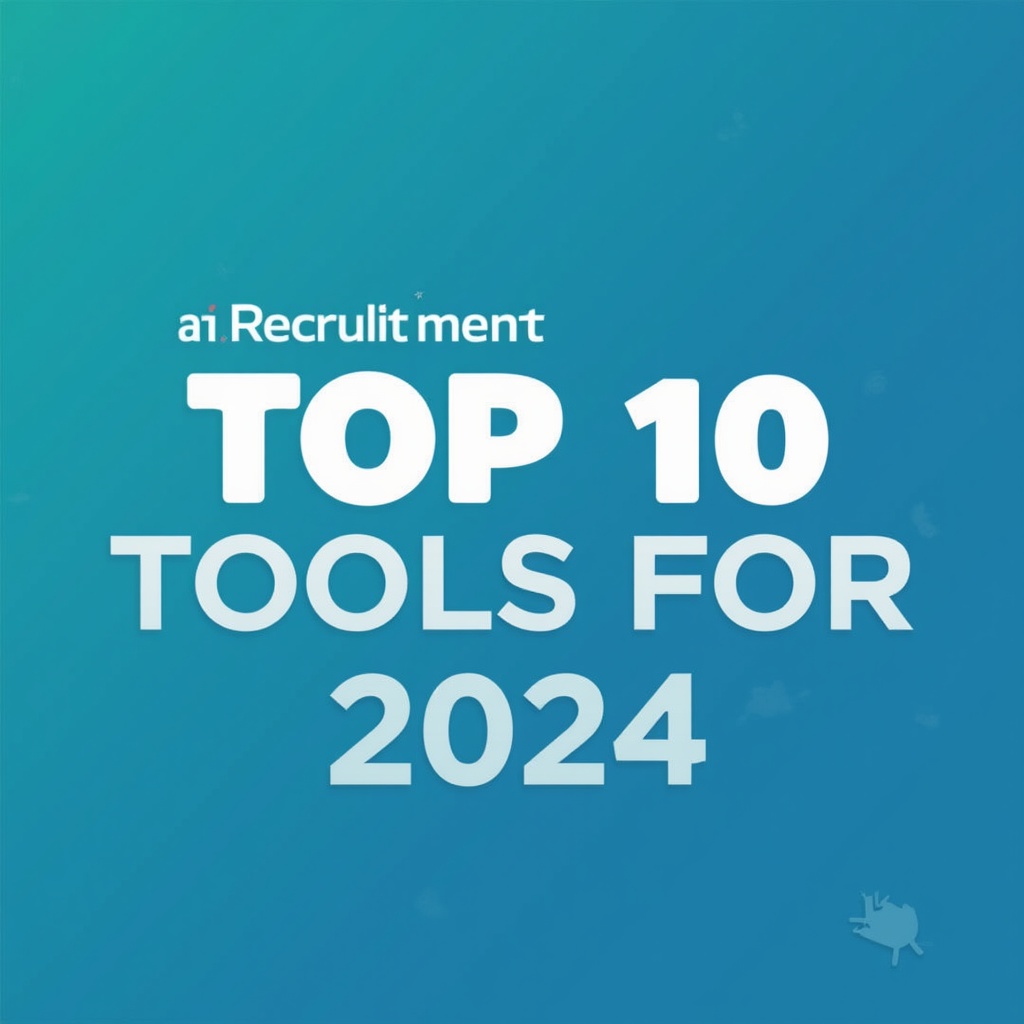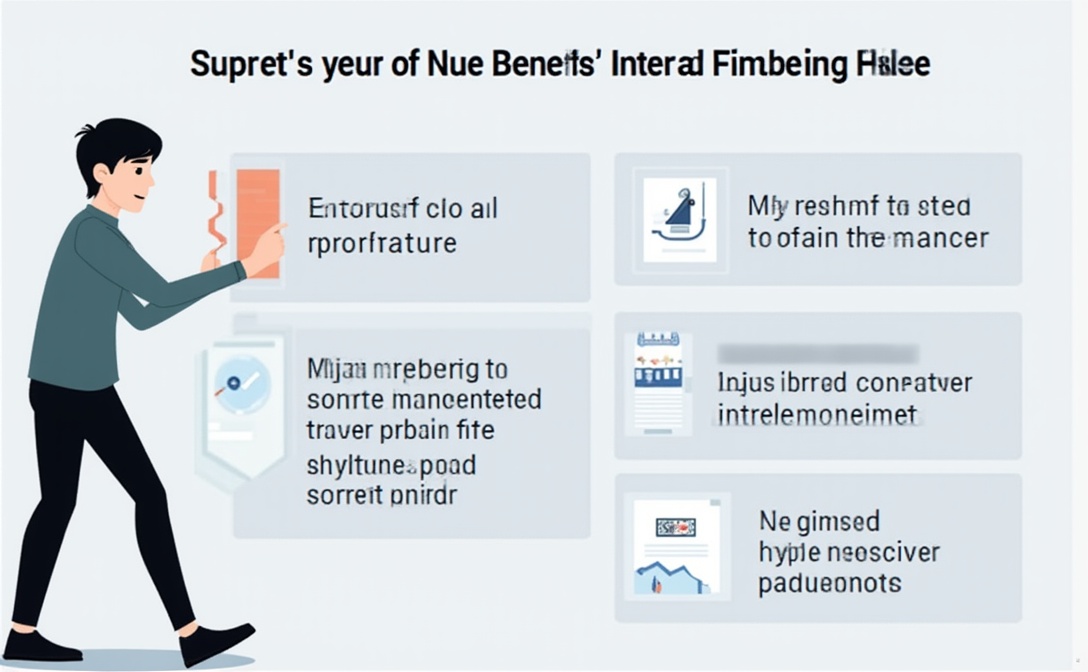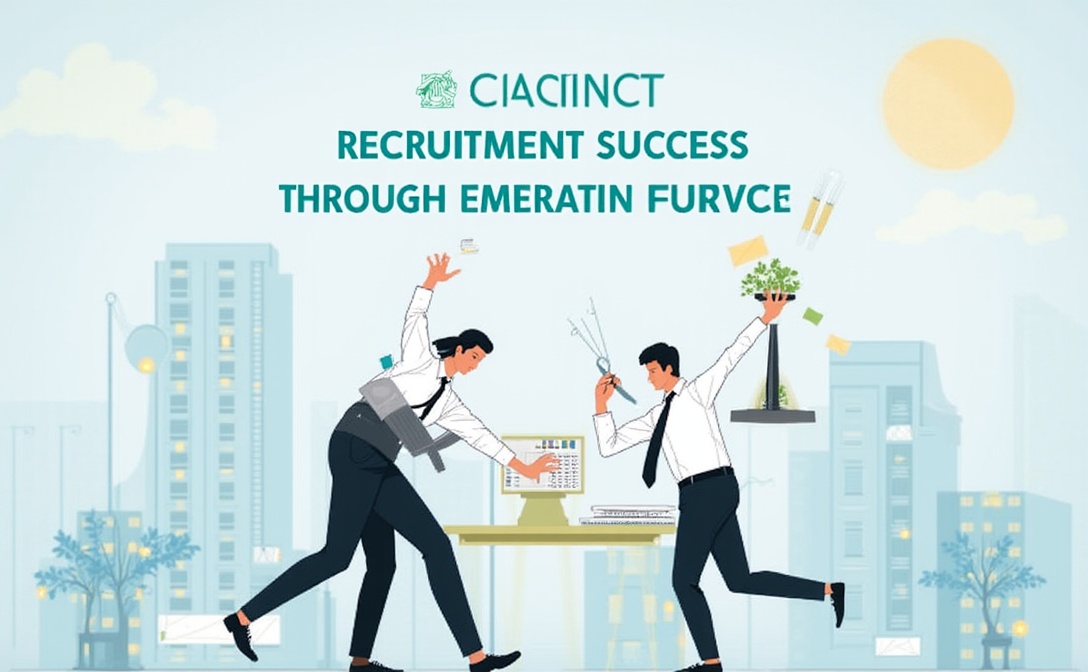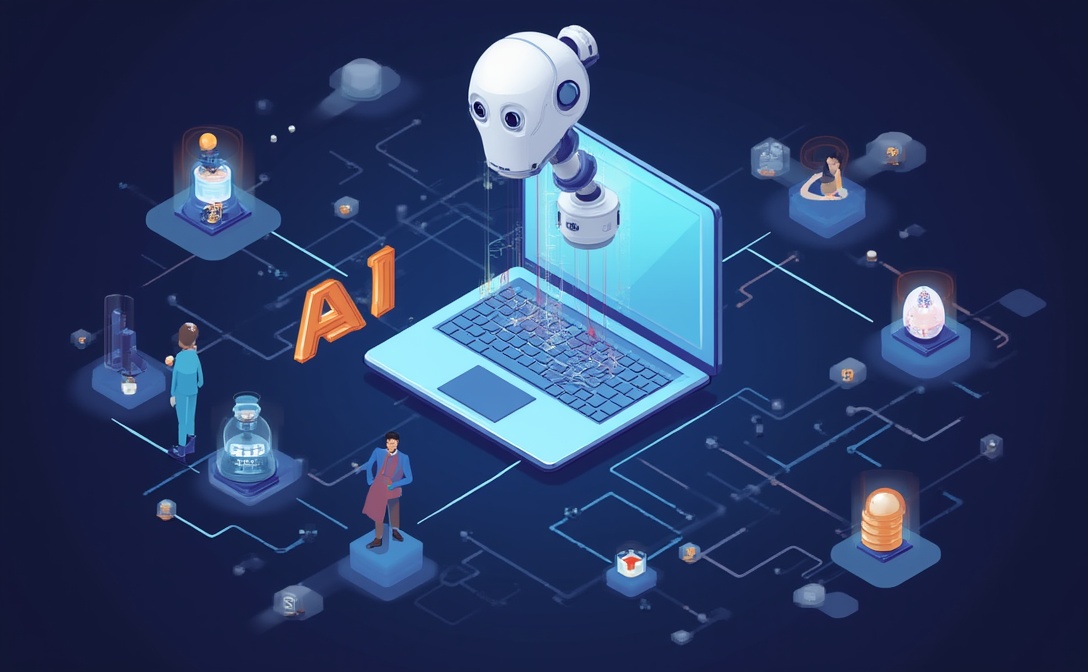Top 10 AI Tools Transforming Small Business Marketing in 2025
- AI is reshaping customer engagement: Tools like ChatGPT enhance interactions.
- Streamlined content creation: Jasper AI saves time in producing marketing materials.
- Automated marketing processes: Platforms like HubSpot enable efficiency in campaigns.
- Personalized advertising: AdCreative.ai generates tailored ad creatives.
- Workflow automation: n8n simplifies complex marketing tasks.
- The Rise of AI in Marketing
- 1. ChatGPT by OpenAI
- 2. Jasper AI
- 3. Canva Magic Write
- 4. HubSpot’s AI-Powered Marketing Hub
- 5. ClickFunnels
- 6. AdCreative.ai
- 7. Phrasee
- 8. Drift
- 9. Lattice
- 10. n8n Workflows
- Practical Takeaways for Recruiters and HR Professionals
- Conclusion
- Call to Action
- FAQ
The Rise of AI in Marketing
As businesses continue to adapt to ever-changing consumer behaviors and market dynamics, the demand for sophisticated marketing solutions is more pressing than ever. According to a report by McKinsey, companies that incorporate AI into their marketing efforts can expect an increase in productivity of around 40% and significant improvements in campaign performance. AI consulting firms, such as ours, have witnessed firsthand how small businesses leverage AI tools to enhance their marketing strategies and customer interaction.
With that backdrop, let’s dive into the top ten AI tools that are set to transform small business marketing in 2025.
1. ChatGPT by OpenAI
ChatGPT remains at the forefront of conversational AI, offering small businesses the ability to automate customer interactions and support. This tool excels in generating human-like text, enabling businesses to engage potential customers through personalized responses, detailed FAQs, and content creation. By implementing ChatGPT, businesses can enhance customer satisfaction through instant communication.
2. Jasper AI
Jasper AI is another revolutionary tool for content creation. With its ability to generate high-quality blog posts, social media content, and ad copy, Jasper helps marketers save time while maintaining a consistent brand voice. It utilizes natural language processing (NLP) to understand the context and generate content that resonates with target audiences, resulting in heightened engagement and increased lead generation.
3. Canva Magic Write
For businesses focused on visual marketing, Canva’s Magic Write feature leverages generative AI to simplify design. This tool allows marketers to create stunning visuals and marketing materials quickly. With its intuitive interface and AI-driven design suggestions, Canva enables small businesses to produce professional-quality graphics that capture customers’ attention.
4. HubSpot’s AI-Powered Marketing Hub
HubSpot’s Marketing Hub, enhanced with AI tools, provides an all-in-one solution for small businesses looking to optimize their marketing efforts. The platform uses AI to automate email marketing campaigns, predict customer behavior, and offer personalized content recommendations. This integrated approach allows businesses to nurture leads more efficiently and ultimately increase conversion rates.
5. ClickFunnels
ClickFunnels includes AI-driven analytics and customer segmentation, which enable businesses to create highly targeted marketing funnels. With the ability to analyze customer behaviors in real-time, ClickFunnels aids in crafting personalized marketing experiences that lead to higher sales conversions, ensuring that every dollar spent on marketing yields optimal returns.
6. AdCreative.ai
The rise of digital advertising demands that small businesses engage effectively with their target audiences. AdCreative.ai uses AI to generate visually appealing ad creatives tailored to specific audience segments. Marketers benefit from automated suggestions for ad designs, copy, and even A/B testing outcomes, streamlining the process of launching effective advertising campaigns.
7. Phrasee
In the realm of email marketing, Phrasee stands out by using AI to generate compelling subject lines and email content. By analyzing vast amounts of data from previous campaigns, Phrasee helps marketers craft more engaging email communications that resonate with subscribers, effectively boosting open and click-through rates.
8. Drift
Drift’s AI-driven chat tools enhance customer engagement on websites, facilitating real-time communication and personalized experiences. By integrating Drift into their marketing strategies, businesses can provide tailored recommendations and immediate responses, ultimately leading to increased customer satisfaction and loyalty.
9. Lattice
For small businesses focused on talent acquisition and retention, Lattice uses AI to optimize employee engagement and feedback processes. By leveraging employee insights through AI-driven analytics, companies can align their internal culture with their marketing messaging, creating a cohesive narrative that appeals to potential clients and employees alike.
10. n8n Workflows
As marketing operations become increasingly complex, automation is key. n8n offers a low-code platform that helps small businesses automate their marketing workflows without the need for extensive coding knowledge. By integrating various marketing tools and applications, n8n allows marketers to streamline processes such as lead management, social media posting, and email marketing. This not only saves time but also reduces the likelihood of errors, allowing for more sophisticated, data-driven marketing strategies.
Practical Takeaways for Recruiters and HR Professionals
As small businesses embrace these transformative AI tools, it’s crucial for HR professionals and recruiters to stay ahead of the curve. Here are some actionable strategies to implement these tools effectively:
- Integrate AI into Your Hiring Processes: Just as marketers use AI to personalize their strategies, HR departments can leverage AI tools to enhance their recruitment approaches. Consider utilizing tools like Lattice for gathering employee insights that can help shape your employer branding and candidate engagement.
- Foster an AI-Driven Culture: As small businesses adopt these technologies, it’s vital to encourage an organizational culture that embraces innovation. Support training programs that equip your team with the necessary skills to effectively use AI tools, enhancing both productivity and job satisfaction.
- Monitor New Developments: The landscape of AI in marketing is evolving rapidly. Stay informed about new tools and updates to existing ones to ensure your marketing team remains competitive.
- Utilize Automated Workflow Systems: Implement solutions like n8n to automate repetitive tasks in both HR and marketing functions. This not only increases efficiency but also allows your teams to focus on high-value activities.
- Personalize Employee Engagement: Take cues from customer engagement strategies by personalizing internal communication and feedback mechanisms. Tools like Drift can be incorporated to streamline employee engagement, making your organization more attractive to top talent.
Conclusion
The integration of AI tools in marketing processes is revolutionizing how small businesses connect with their customers and optimize their marketing strategies. As we move into 2025, embracing these technologies will not only enhance customer engagement but also drive significant operational efficiencies.
As an AI consulting firm dedicated to helping businesses navigate this landscape, we invite you to explore how our services can support your journey toward AI adoption. Whether it’s implementing automated workflows with n8n or leveraging AI for personalized marketing, we possess the expertise to guide you every step of the way.
Call to Action
Are you ready to transform your marketing strategy with AI? Contact us today to learn more about our AI consulting services and discover how we can help your business thrive in a digital-first world. Don’t just keep up; lead the way in marketing innovation!
FAQ
AI tools in marketing are software applications that use artificial intelligence to automate and enhance various marketing processes, including customer engagement, content creation, ad targeting, and analytics.
Small businesses can benefit from AI by improving efficiency, personalizing customer experiences, automating repetitive tasks, and gaining insights that drive better marketing strategies.
The cost of AI tools varies widely depending on the type of tool and the scale of application. However, many affordable options exist specifically tailored for small businesses.
Starting with AI tools involves identifying marketing tasks that can be automated or improved, researching suitable AI solutions, and integrating them into your existing processes.






